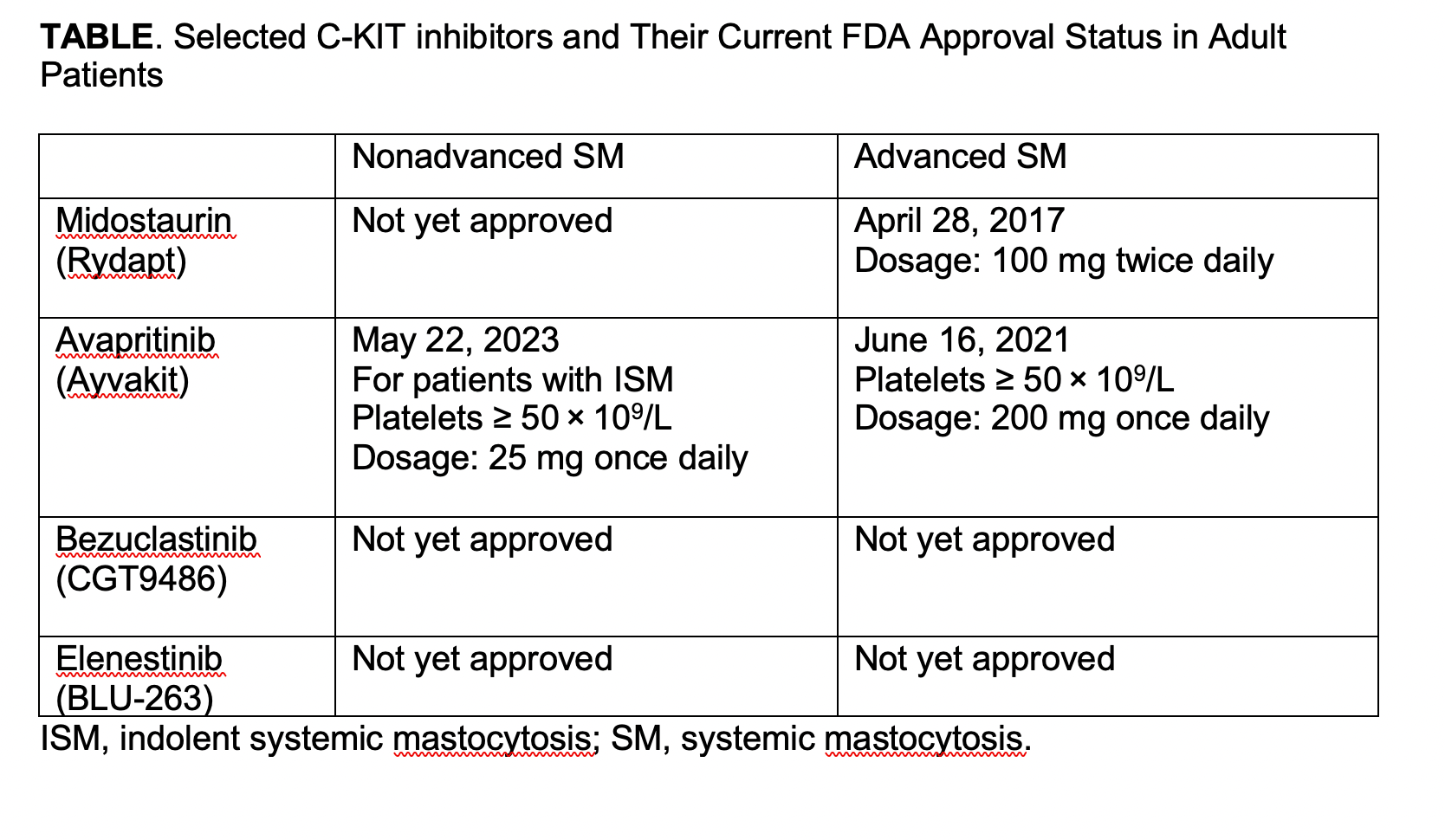Bayside, NY, September 07, 2023 –(PR.com)– New York Cancer & Blood Specialists (NYCBS), one of the nation’s leading oncology practices, is proud to announce the addition of oncologist-hematologist Jean Bustamante-Alvarez, MD, MS. Dr. Bustamante-Alvarez will be joining the team in the Upper East Side at 215 E. 95th St., New York, NY 10128. “We are proud […]
Category Archives: Cancer and neoplasms
In a recent study published in Nature Genetics, researchers performed an allelic-level single-cellular multi-omics evaluation of hematopoietic stem/progenitor cells (HSPCs) obtained from individuals with myeloproliferative neoplasms (MPNs) transforming to tumor protein 53 (TP53)-related secondary forms of acute myeloid leukemia (sAML). Study: Single-cell multi-omics identifies chronic inflammation as a driver of TP53-mutant leukemic evolution. Image Credit: ustas7777777/Shutterstock.com TP53 […]
Guillermo Garcia-Manero, MD, Luspatercept-aamt (Reblozyl) significantly controlled anemia for patients with myelodysplastic syndrome (MDS) who had not yet received an erythropoiesis-stimulating agent (ESA) and were red blood cell (RBC) transfusion dependent, according to findings from the phase 3 COMMANDS trial (NCT03682536) presented at the 11th Annual Society of Hematologic Oncology (SOHO) meeting.1 In the open-label […]
Partow Kebriaei, MD Over the past few decades, research has advanced the therapeutic landscape of acute lymphoblastic leukemia (ALL), especially for adult patients with Philadelphia chromosome (Ph)-positive ALL.1 With the emergence of tyrosine kinase inhibitors and use of targeted immunotherapies in the front line, outcomes for patients with ALL have significantly improved. However, central nervous […]
Angela Dispenzieri, MD Due the asymptomatic nature of smoldering multiple myeloma (MM), plenty of conjecture about approaching treatment of the disorder exists. However, with guidelines, as well as observational and prospective data, experts have been able to make research-driven treatment decisions for their patients with smoldering MM. At the 11th Annual Meeting of the Society […]
chronic lymphocytic leukemia © Dr_Microbe – stock.adobe.com The advent of small molecule inhibitors, both Bruton tyrosine kinase inhibitors (BTKi) and B-cell lymphoma 2 antagonists, has led to a paradigm shift in the treatment of chronic lymphocytic leukemia (CLL). Fixed-duration (FD) therapy is an appealing approach to initial treatment of CLL from a patient’s and a […]
Eytan M. Stein, MD Although new therapies have improved outcomes for many patients with high-risk leukemia, some patients are less responsive to novel therapies and optimized chemotherapy approaches. Patients with acute leukemia with KMT2A rearrangements are a population with a pressing need for better treatment options. “In 2023, the standard regimens for patients with KMT2A […]
Courtney D. DiNardo, MD, MSCE Treatment for acute myelocytic leukemia (AML) has evolved into finding the right approach based on a patient’s risk status and ability to tolerate high-intensity therapies. Triplet therapy regimens now are on the horizon for patients with AML, thanks to ongoing research into targeted therapies. “When we talk about triplets, we’re […]
Systemic mastocytosis (SM) is a hematologic neoplasm characterized by clonal proliferation of mast cells in 1 or more organs including skin, bone marrow, gastrointestinal tract, spleen and/or liver.1 The underlying molecular pathogenesis of SM is an activating mutation in the KIT gene that leads to the constitutive proliferation of mast cells. In nearly 95% of […]










